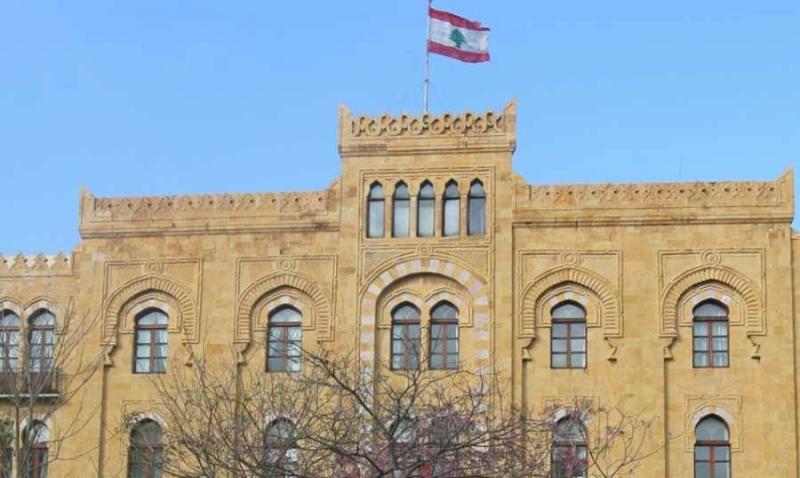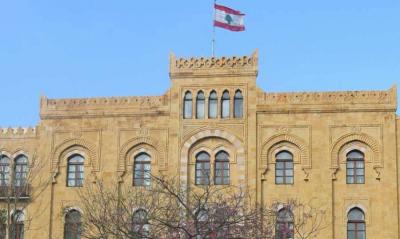If the election dates and deadlines, whether municipal, parliamentary, or presidential, were to be conducted on time, Lebanon's political life would not be entering the mazes of crises that may start in one way but end in another, given the complexities and intertwinements involved, leading to various forms and outcomes of crises. This year, Lebanon faced three electoral deadlines: municipal and optional elections, which were postponed for a whole year, with an extended term of six years beginning in May.
After Lebanon managed to conduct parliamentary elections this year, it now awaits the presidential election, as President Michel Aoun's term ends on October 31. According to Article 73 of the Constitution: "At least one month and not more than two months before the expiration of the President's term, the Council will convene at the invitation of its president to elect a new president. If the Council is not called for this purpose, it will automatically convene on the tenth day preceding the expiry of the president's term." This indicates that in just over two months, we will enter the realm of presidential elections and the disputes that accompany them.
Under the current state of governmental imbalance, there has been a wait since the new parliament's term began on May 22 for the binding parliamentary consultations to appoint a new government leader, which has not yet occurred. As for the municipal and optional elections, their second month of extended term has just gone by without any signs of preparation for this important local governance election, which had a significant share in the National Accord Document approved in Taif in 1989.
The third clause under the title of Reform states: "Adoption of a comprehensive national developmental plan capable of developing and economically and socially enhancing the regions of Lebanon and strengthening the resources of municipalities, unified municipalities, and municipal unions with the necessary financial means." Municipalities are local administrations that exercise legal powers within their scope. They enjoy legal personality, financial independence, and administrative autonomy. A municipality is established in every city or village or group of villages mentioned in the schedule attached to Legislative Decree No. 11/1954 and its amendments. Each municipality develops a system for its employees and personnel, and it can create what it needs regarding administrative, financial, technical units, police, guards, firefighting, and ambulance services.
Joint units and police, guards, firefighting, and ambulance services can be established between two or more municipalities, appointing joint employees. The Ministry of Interior prepares municipalities to enable them to carry out their tasks. The legal procedures applicable to the state are also applied to municipalities.
The Union of Municipalities comprises several municipalities and enjoys legal personality and financial independence, exercising the powers specified by law. The establishment of municipal unions enhances their capacity to provide services. The municipality performs numerous functions, including managing public health, urban planning, public services, security, road organization, cleaning, waste disposal, park and public square creation, and establishing designs for the town’s master plan (in cooperation with the General Directorate of Urban Planning).
It is also responsible for contributing to the expenses of public schools and public benefit projects, transferring public municipal property to private municipal ownership, organizing transport, aiding the needy and disabled, supporting clubs and associations, and endorsing health, social, sports, and cultural activities. Oversight of educational activities and the conduct of work in public and private schools and public facilities is also part of its duties. The municipality may create or manage public services such as public schools, nurseries, vocational schools, public housing, public baths, laundries, swimming pools, hospitals, health facilities, museums, public libraries, cinemas, cultural, artistic, and social institutions, sports clubs, and local public transit systems.
The municipal council supervises the executive authority's actions, and its decisions are self-executing unless they are subject to approval by administrative oversight authorities: the district chief, governor, and interior minister.
It is noteworthy that municipal work and local administrations experienced paralysis throughout the 1960s, 1970s, 1980s, and 1990s, with the last municipal elections held in 1963. This phase ended in 1998 with municipal elections held throughout Lebanon, echoed again in 2004, 2010, and 2016. The term for the municipal and optional councils elected in 2016 ended in April and May of this year, with their terms extended for a full year, hoping that this extension would not result in paralysis or disruption for hundreds of municipalities waiting for elections to bring about change, especially since some are practically dysfunctional and unable to convene for decision-making.
Currently, there are about 1,055 municipal councils with 12,474 members divided as follows: around 944 active municipal councils, many of which suffer from paralysis and disruption, about 84 councils that are dysfunctional, managed by the district chief or governor, and approximately 27 newly established municipal councils post-2016 elections that had never experienced elections and are also managed by the district chief or governor.




